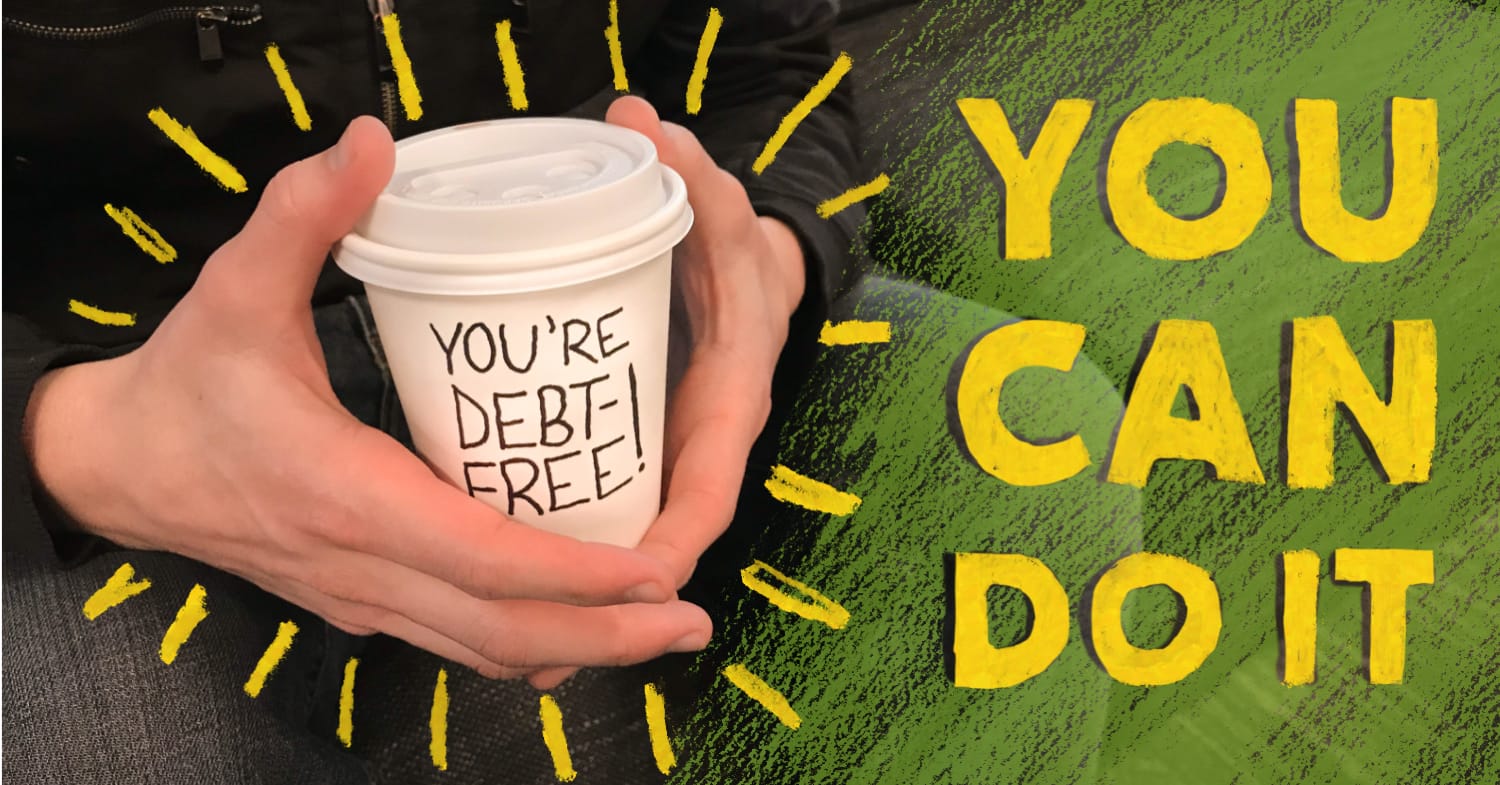
The first step in managing/getting out of debt is getting your head out of the sand.
Face your debt, list all you owe and how much you owe, then critically analyse how you got where you are in the first place. It might be worth breaking some habits.
Prioritise your debt and work your way through the list striking off as you go along. The reason this is important is because it boost your moral and help you stay on track. Some debt are urgent and must be dealt with ASAP or they cause you further problems for instance your house rent while others may be important but not urgent e.g. the car loan, so you sit down with a pen and paper and formulate a strategy.
The common tendency is to pay a little from your resources to all your creditors at the same time while struggling to keep your head above water. The reason I have a problem with this strategy is that it’s demoralising, because it seems at the end of the day nothing is getting done and you still have the same set of creditors’ months after months and probably years after years breathing down your neck. For me I would say prioritise starting with the urgent ones if you can and work your way down making sure not to accumulate new debt.
Step 1
Your need to reflect on your spending habits
This is important if you want to keep a lid on your debt and prevent it growing further. (Treat this as a personal austerity period where you can actually make sacrifices and still survive.)
Order at least your last six months
bank statement, there may be some recurring direct debits which are unnecessary and
need to be cancelled, you may have signed up for something on the internet, a
free trial you meant to cancel but forgot about and now you have become a money
making machine for some company, the aim is to get a clear picture what your money is going towards.
Step 2
Learn to budget and stick to it.
We need to learn how to allocate our scarce resources to improve efficiency and reduce waste. What do I need and how much will it
cost me, can I get it cheaper elsewhere, can I get someone to share the cost because it might
just be a portion you need and not all to satisfy a need, never go shopping
without a list, if it’s not on the list don’t take it home regardless of how
much reduced the price is. Work hard to eliminate waste.
Step 3
Negotiate.
Some creditors are actually quite reasonable and willing to work on a plan with you. Talk to your creditors to see if perhaps you can return items for a full or partial refund or even just return items for a reduction in the debt owed if not needing those items. Ask your creditor for some sometime to pay back at least this way you can focus on first paying off the non-negotiable debt.
The point here is, it’s better to initiate a conversation no matter how embarrassing with your creditor to prove you are thinking about paying up rather than hiding behind your debts and leaving your creditors to take drastic actions against you. If needed look at debt consolidation loans,
Learn to DIY
Let YouTube
become your best friend, just type any topic of interest in the search box, you will be amazed the skills you can pick up from YouTube
helping you save in many areas, however please bear in mind somethings are
still best left to the professionals for instance extracting a tooth or stitching
a wound. My point here is some trivial things you outsource and pay for can be
done by yourself saving you money you can put towards your high ranking debt.
Step 5
Additional/Passive Income
Think of ways to earn some additional or passive income and pinpoint in advance what it will be used for and stick to it. Do you have a spare bedroom to rent out, used but valuable items to sell on Ebay, craigslist, gumtree etc, services you can render in exchange for cash, a second job maybe and be disciplined how you use the extra earnings.
Step 6
Consider debt consolidation loan.
Debt consolidation is simply a form a debt financing that entails taking one large loan to pay off many others, the benefit in adopting this approach is that you can potentially secure a lower interest rate to the entire debt load and there is the added convenience of streamlining your debt and dealing with just one lender.
In conclusion
Be willing to completely stop using debt and to spend less than you earn every single month.
Comments
Post a Comment